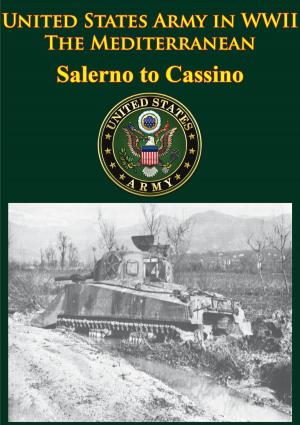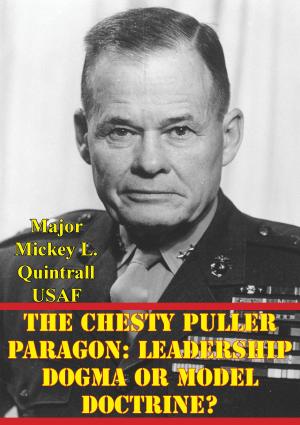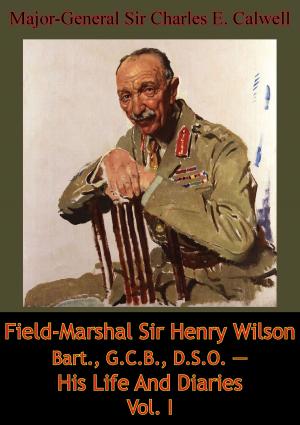A Study In Leadership: The 761st Tank Battalion And The 92d Division In World War II
Nonfiction, History, Germany, European General, Military, United States| Author: | Major Lenora A. Ivy | ISBN: | 9781786252937 |
| Publisher: | Lucknow Books | Publication: | November 6, 2015 |
| Imprint: | Lucknow Books | Language: | English |
| Author: | Major Lenora A. Ivy |
| ISBN: | 9781786252937 |
| Publisher: | Lucknow Books |
| Publication: | November 6, 2015 |
| Imprint: | Lucknow Books |
| Language: | English |
This thesis evaluates leadership in the 761st Tank Battalion and the 92d Division, two black units during World War II. Leaders in each unit were evaluated on their ability to use the following leadership model: technical skills (job experience, technical competence, and the ability to correlate facts into meaningful information); conceptual skills (vision and the ability to task organize to accomplish the mission); and interpersonal skills (job related standards and the ability to foster mutual trust and respect) to influence combat effectiveness.
The analysis showed that the leaders in the 761st Tank Battalion demonstrated skills in the leadership model effectively and especially were successful in demonstrating interpersonal skills. Its successful combat record supports that its leaders were effective. On the other hand, the leaders in the 92d Division failed to properly demonstrate the skills of the leadership model. The lack of interpersonal skills used by leaders in the division (developing trust and mutual respect) was the major cause of the unit’s combat failures.
This study showed that despite negative beliefs about Negro soldiers there were some leaders who effectively applied interpersonal leadership skills in the interest of mission accomplishment.
This thesis evaluates leadership in the 761st Tank Battalion and the 92d Division, two black units during World War II. Leaders in each unit were evaluated on their ability to use the following leadership model: technical skills (job experience, technical competence, and the ability to correlate facts into meaningful information); conceptual skills (vision and the ability to task organize to accomplish the mission); and interpersonal skills (job related standards and the ability to foster mutual trust and respect) to influence combat effectiveness.
The analysis showed that the leaders in the 761st Tank Battalion demonstrated skills in the leadership model effectively and especially were successful in demonstrating interpersonal skills. Its successful combat record supports that its leaders were effective. On the other hand, the leaders in the 92d Division failed to properly demonstrate the skills of the leadership model. The lack of interpersonal skills used by leaders in the division (developing trust and mutual respect) was the major cause of the unit’s combat failures.
This study showed that despite negative beliefs about Negro soldiers there were some leaders who effectively applied interpersonal leadership skills in the interest of mission accomplishment.
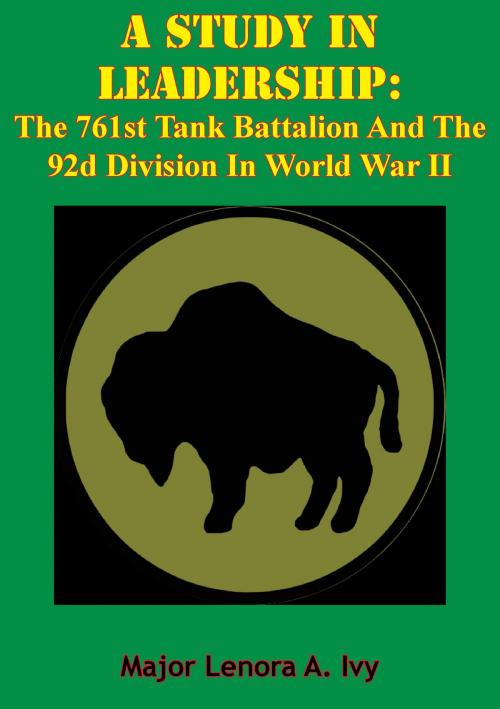
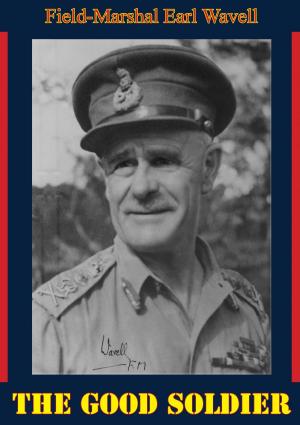

![Cover of the book A War Minister And His Work: Reminiscences Of 1914-1918 [Illustrated Edition] by Major Lenora A. Ivy](https://www.kuoky.com/images/2015/november/300x300/9781786255624-qEOd_300x.jpg)
![Cover of the book I Dream Of The Day - Letters From Caleb Milne - Africa, 1942-1943 [Illustrated Edition] by Major Lenora A. Ivy](https://www.kuoky.com/images/2014/august/300x300/9781782895602-vFFF_300x.jpg)

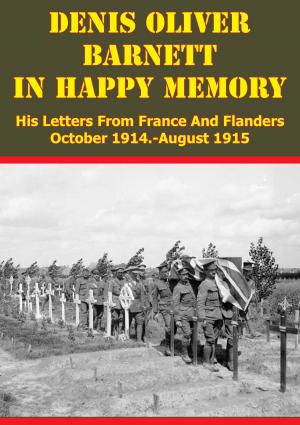
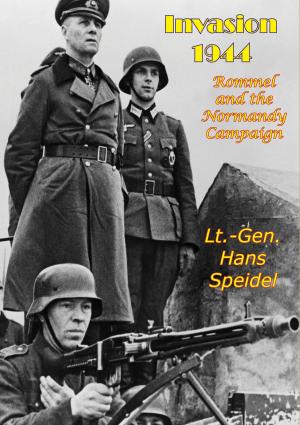
![Cover of the book Rommel’s Desert Campaigns, February 1941-September 1942: A Study In Operational Level Weakness [Illustrated Edition] by Major Lenora A. Ivy](https://www.kuoky.com/images/2014/august/300x300/9781782894216-IQzb_300x.jpg)


